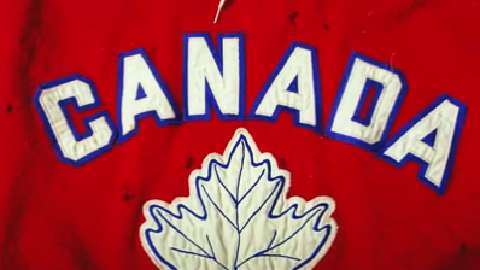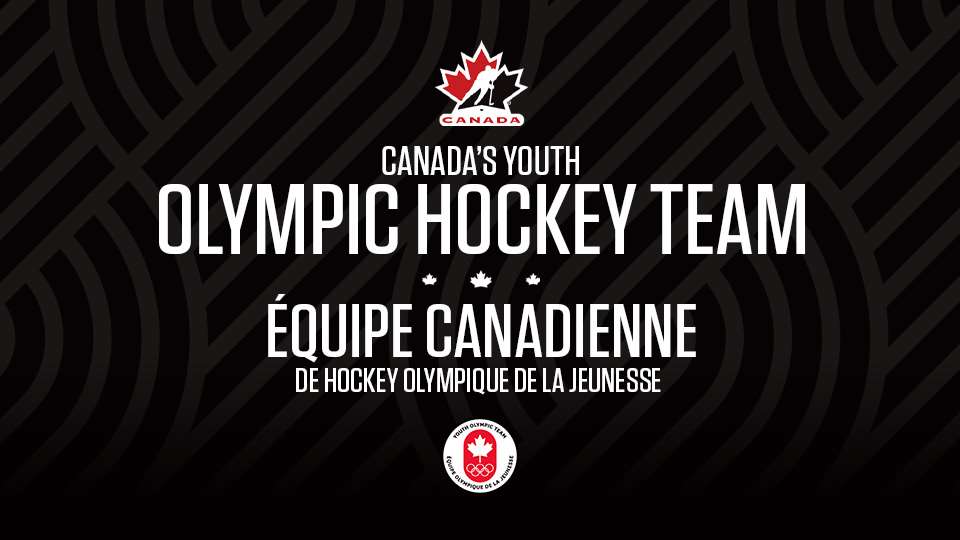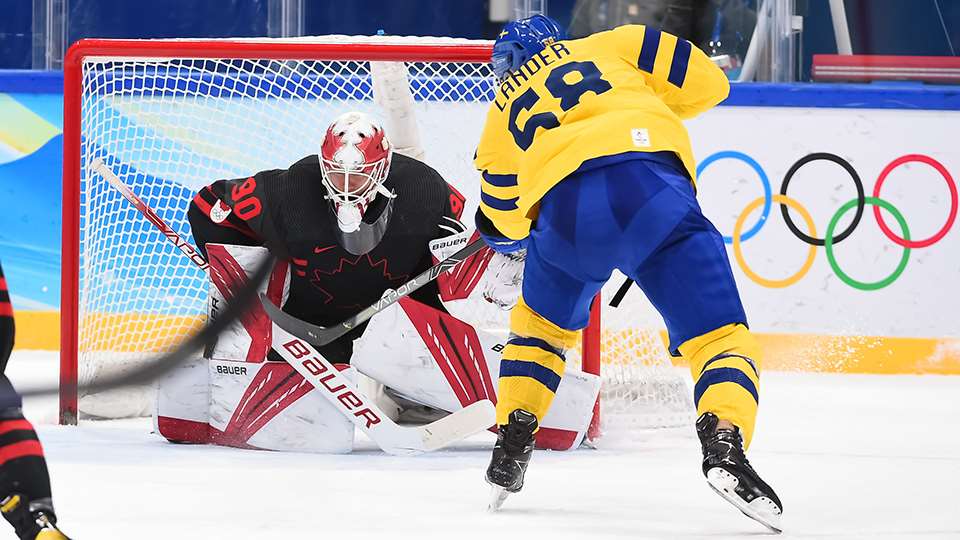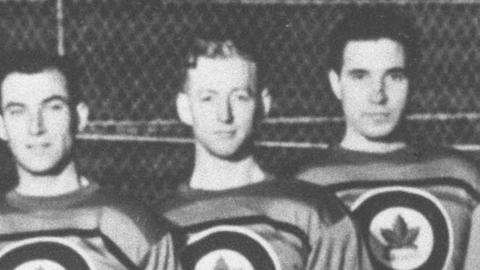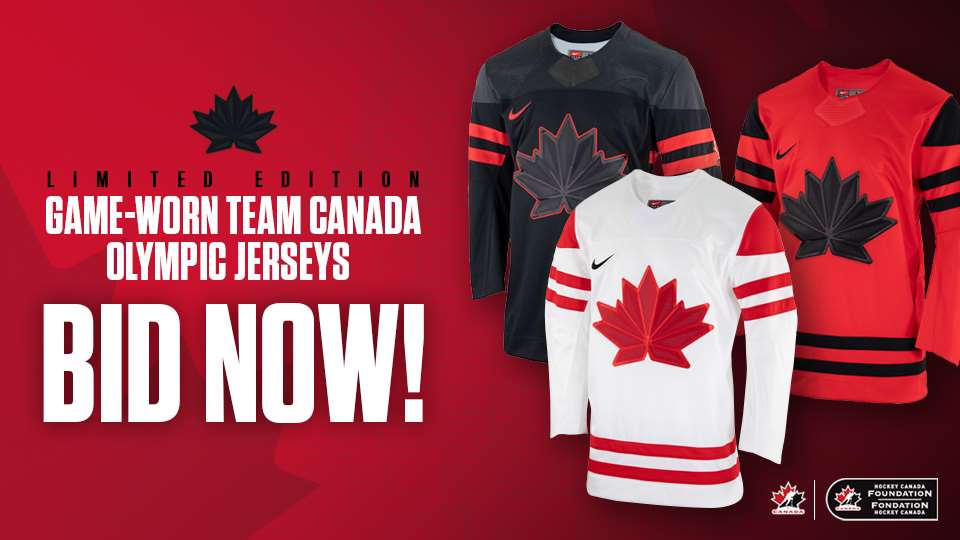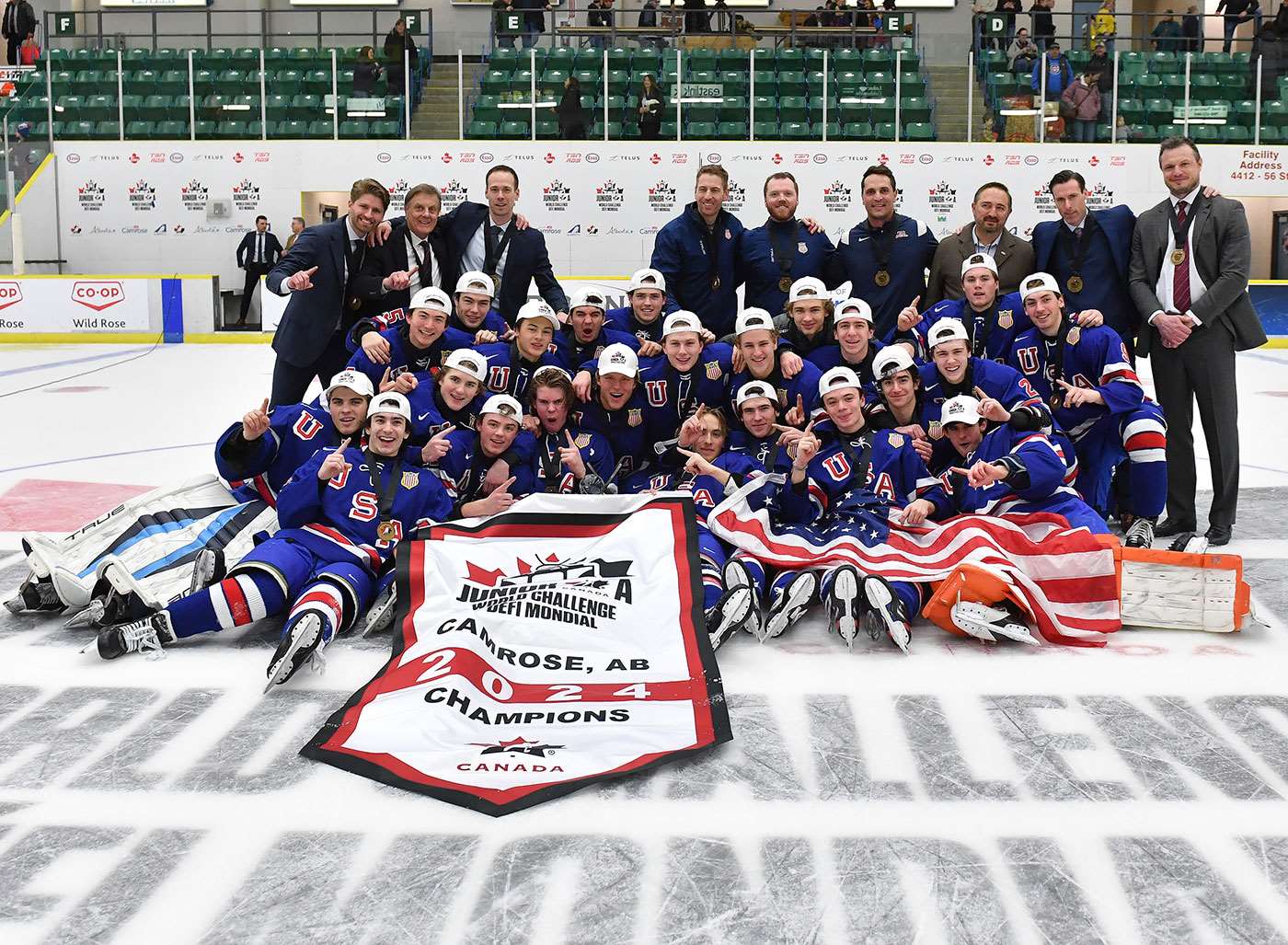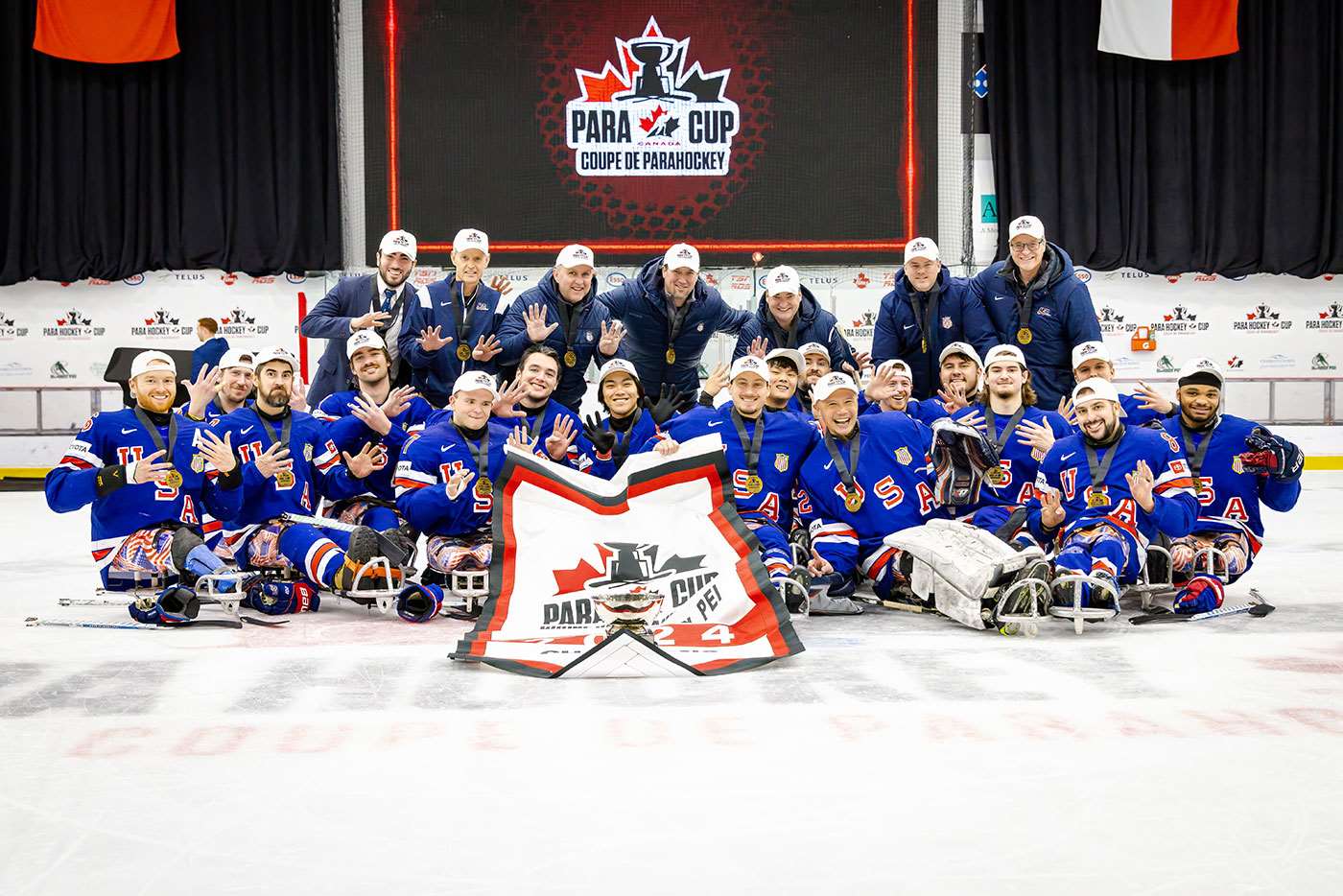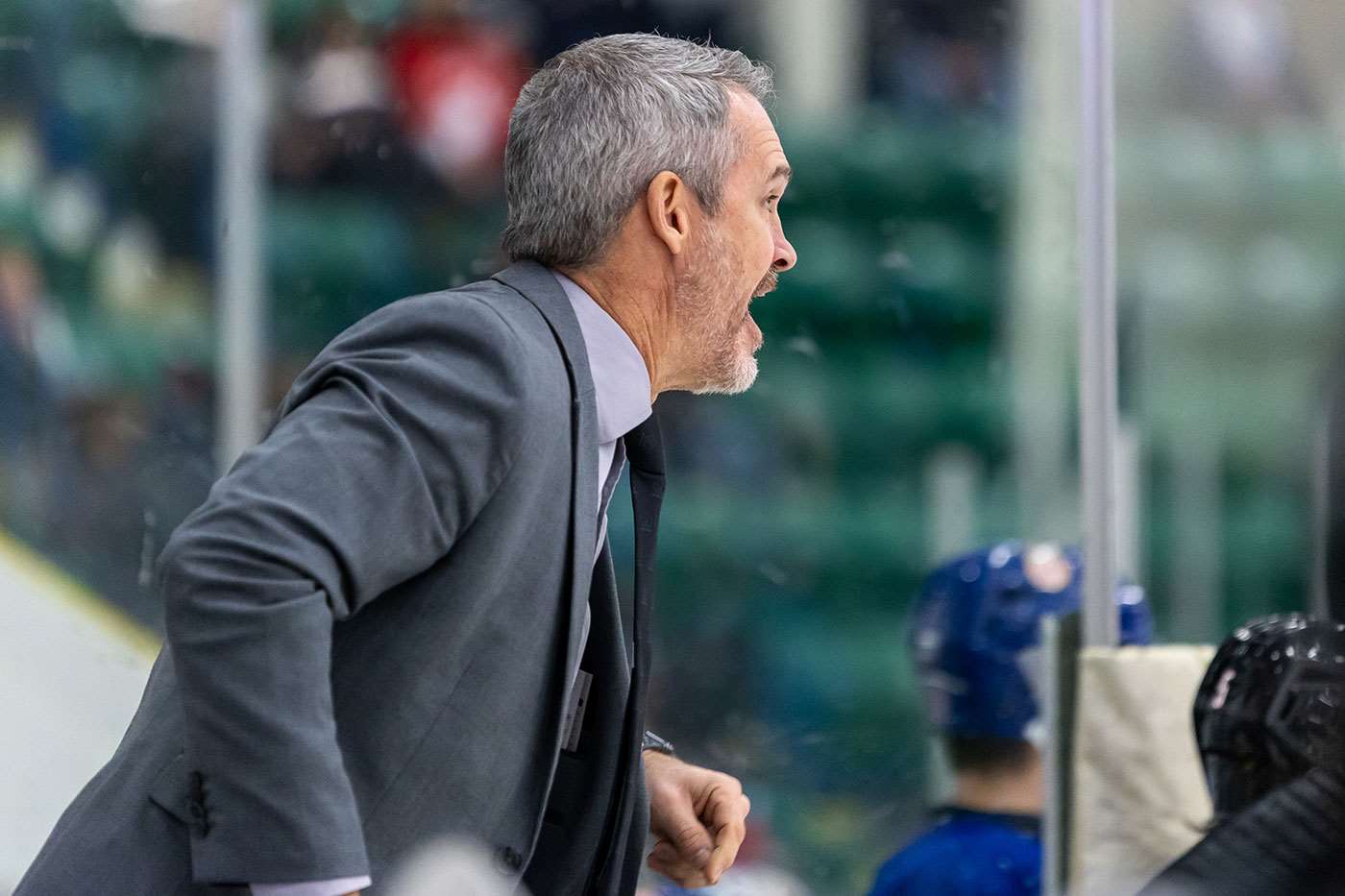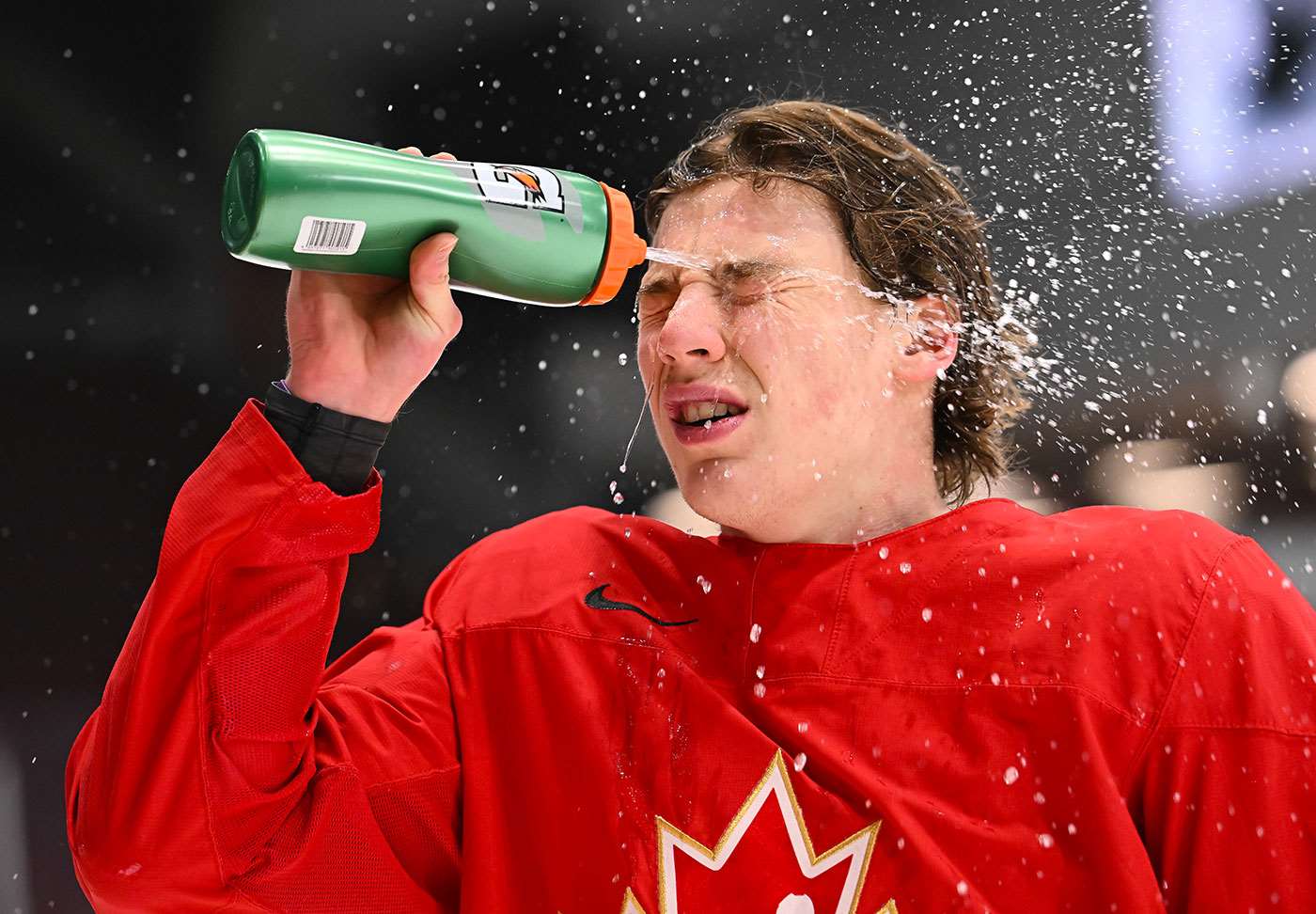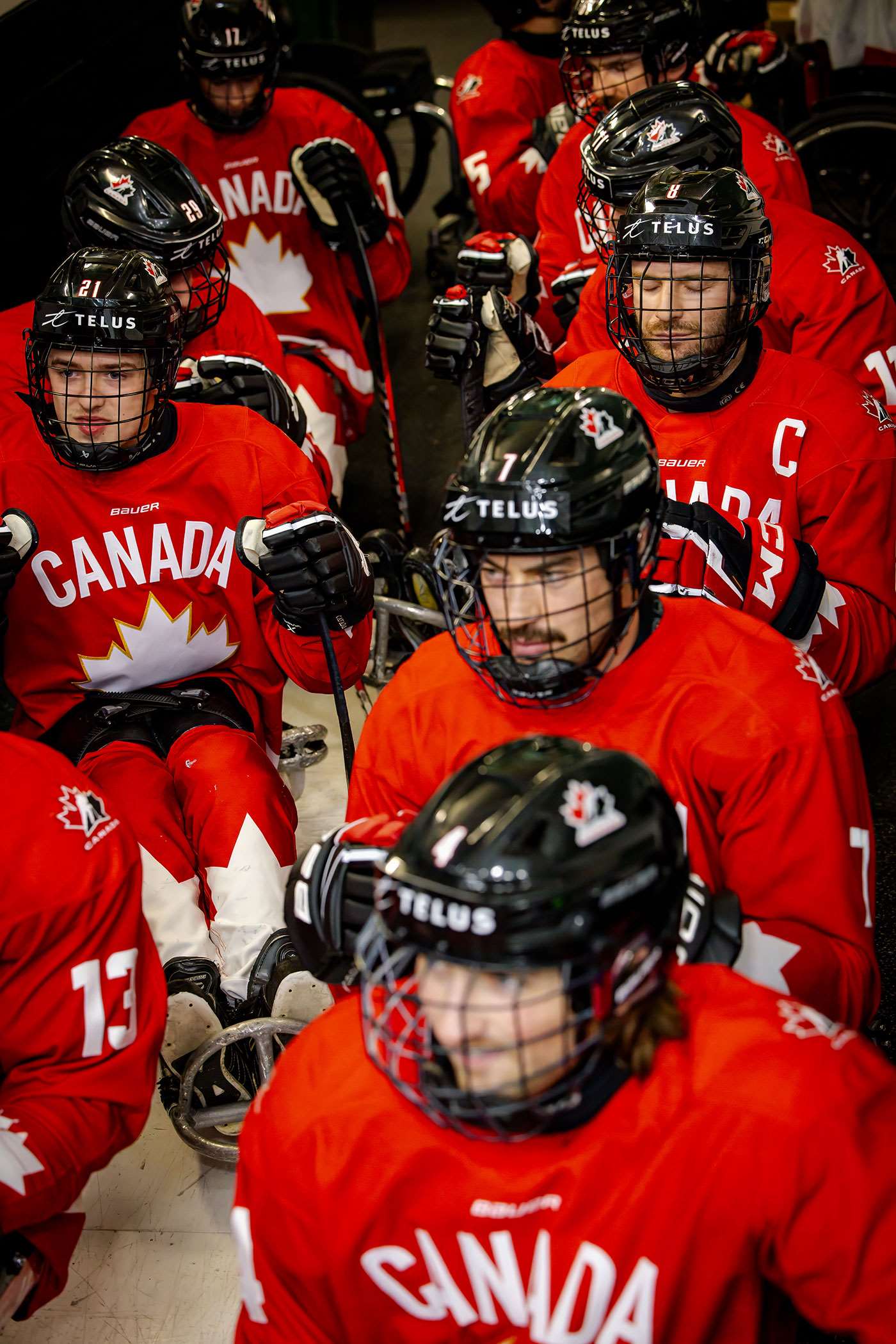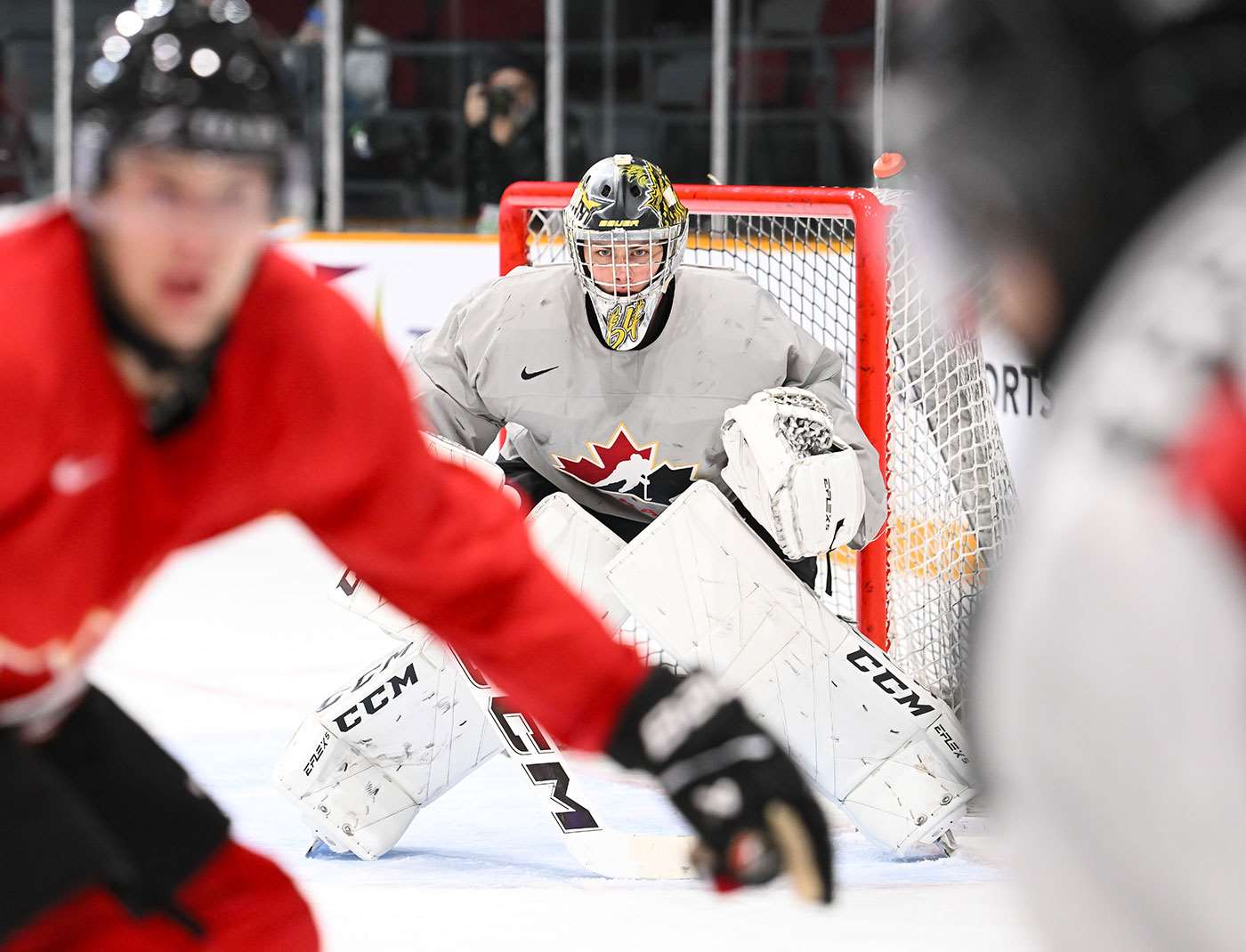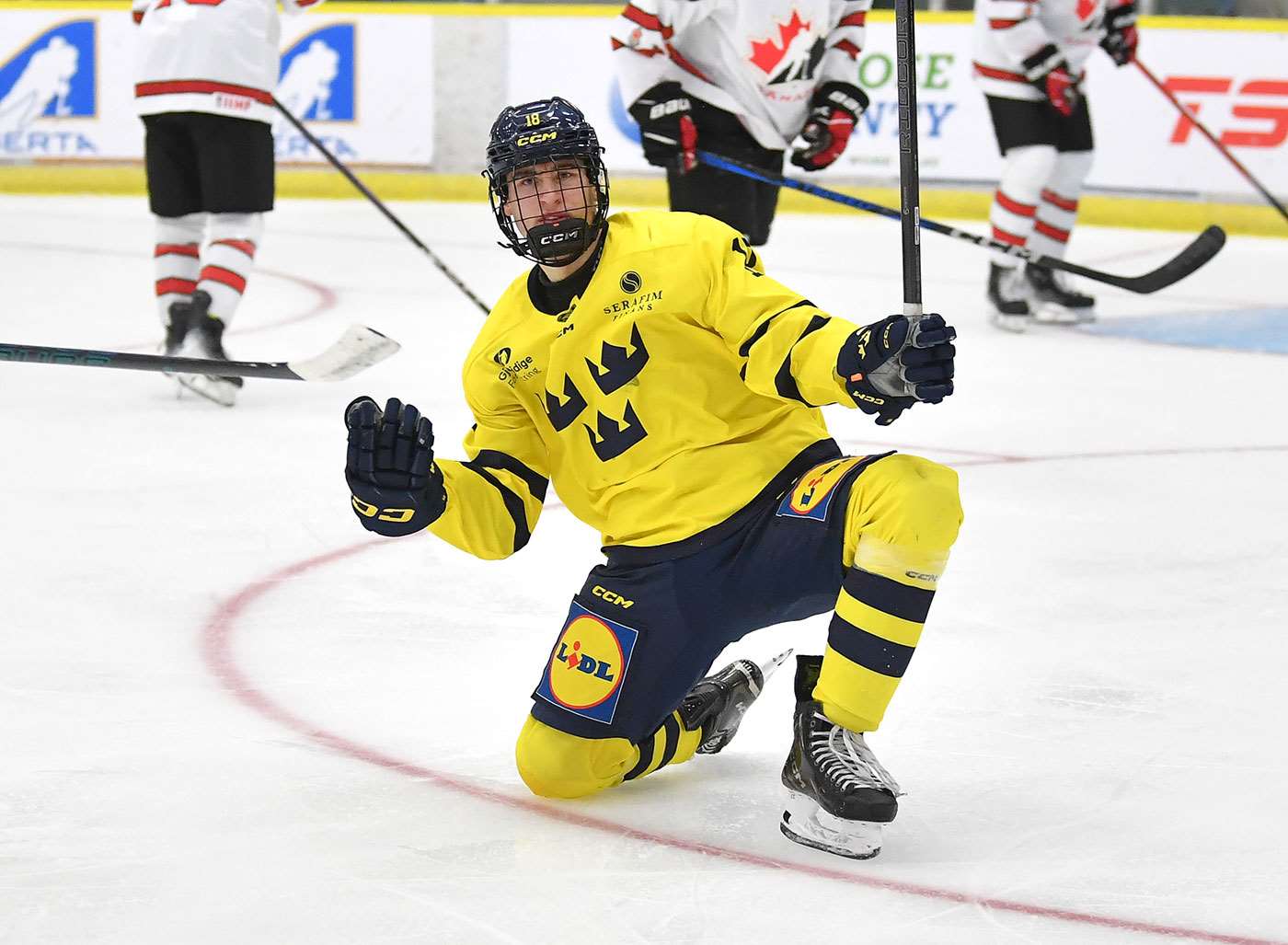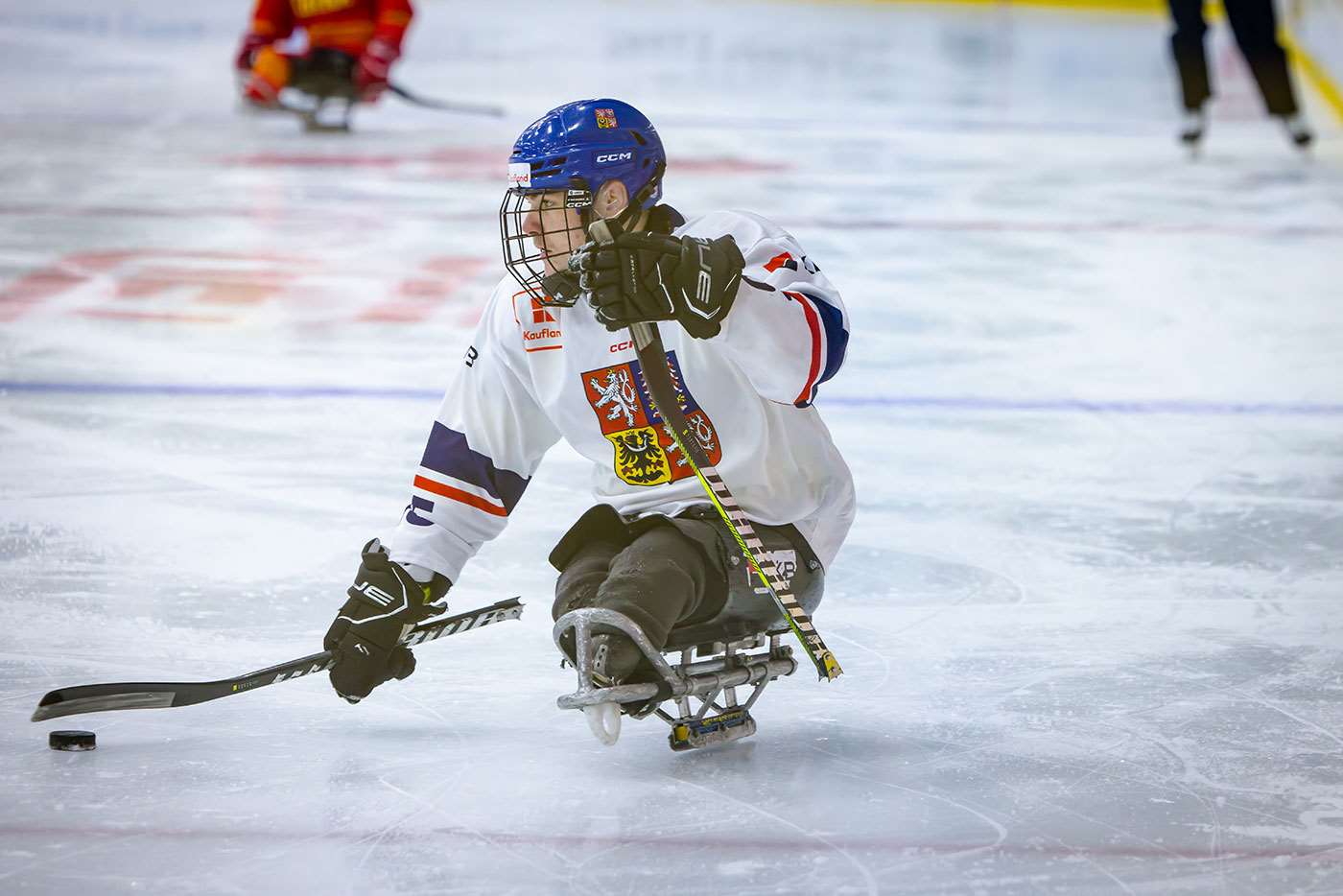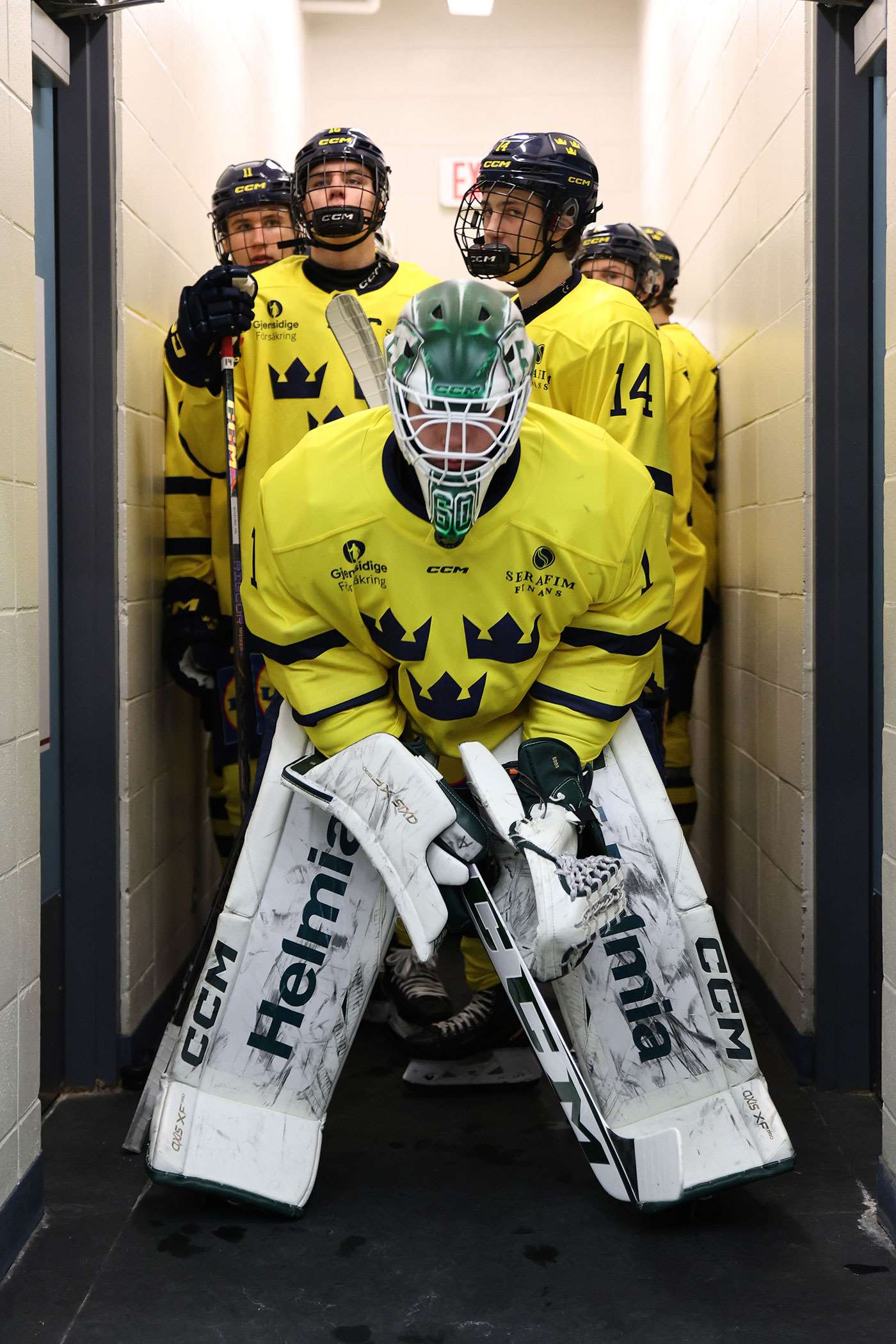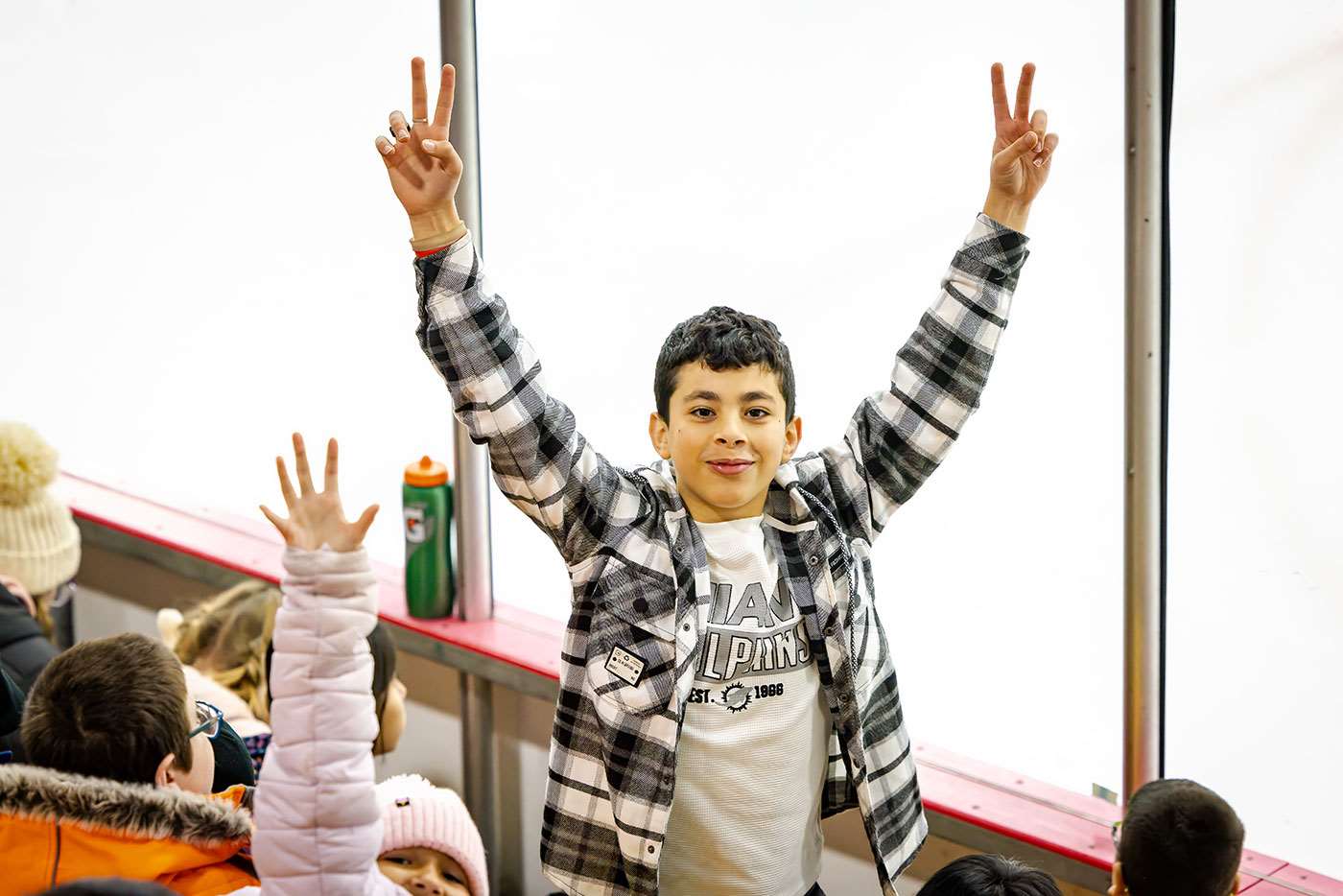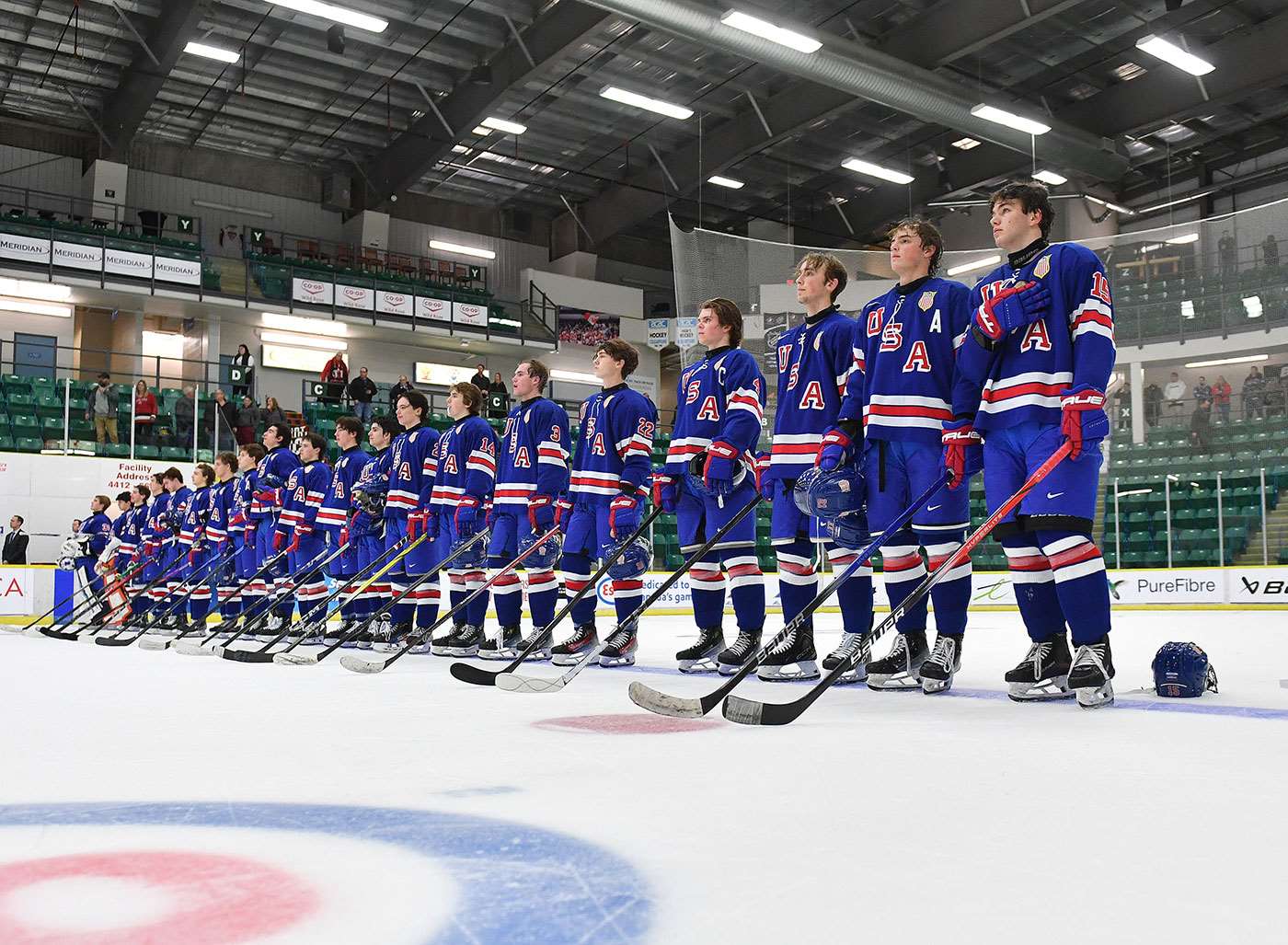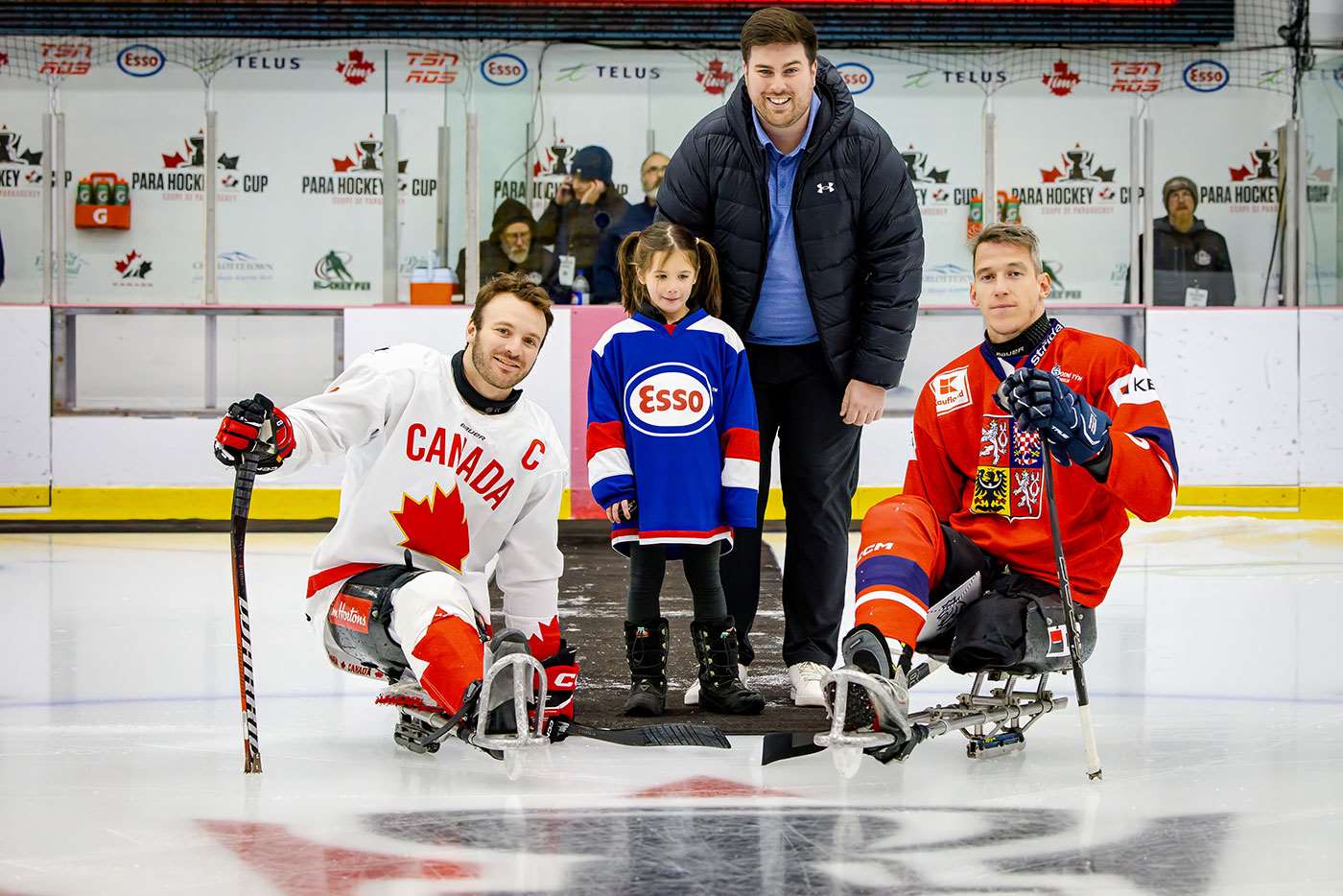
Schedule
Team Canada (Men)
IIHF World Junior Championship | Dec. 26, 2024-Jan. 5, 2025
Spengler Cup | Dec. 26-31, 2024
4 Nations Face-Off | Feb 12-20, 2025
IIHF U18 World Championship | April 23-May 3, 2025
IIHF World Championship | May 9-25, 2025
U17 World Challenge | Nov. 3-9, 2024
Hlinka Gretzky Cup | Aug. 5-10, 2024
Junior A World Challenge | Dec. 9-15, 2024
National Junior Team vs. USPORTS | Dec 12-13, 2024
Search
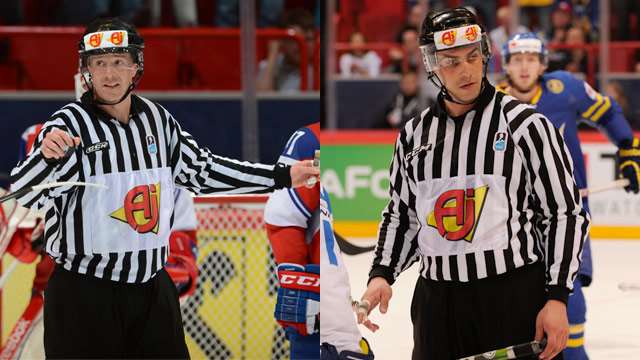
Making it official
Chris Carlson and Jesse Wilmot continue their rise in the officiating world in Sochi

If, a few months ago, you had crossed paths with a media account consultant for Yellow Pages or a millwright with ArcelorMittal, you likely wouldn’t have thought they’d be on the ice in Sochi for one of the marquee events at the 2014 Olympic Winter Games, the men’s hockey tournament.
Of course, Chris Carlson and Jesse Wilmot wouldn’t have thought so either.
But there they are; the two linesmen are the lone Canadian officials assigned to the men’s tournament who don’t work full-time for the National Hockey League.
“We knew the information was coming out in early December,” Wilmot says. “As the days got closer and closer you start to ask yourself, ‘Is it going to be today?’ When I finally got the call, I was super excited.”
“When I found out that I was selected to work the Olympics, it was a very proud moment for me in officiating,” Carlson says of getting one of the most prestigious assignments in hockey. “The selection was the culmination of the hard work and sacrifice over the years.”
Both made their Olympic debuts in the early games on Feb. 13; Carlson worked the Russia-Slovenia game, while Wilmot was on the crew for the United States-Slovakia match-up.
Although they’ve shared the ice on more than one occasion in past international competitions, Carson and Wilmot have never skated on a stage as big as the Olympics, and both are thankful for the familiar face.
“Chris and I are pretty much a mirror image of each other with what we’ve done and where we’ve worked,” Wilmot says. “So, you know, it was nice to learn that we both were presented with the opportunity and that we get to be part of it together.”
Both have followed fairly similar paths to the Games; Wilmot, a Hamilton, Ont., native, started in his local minor hockey association before working his way through the Ontario Hockey League to the American Hockey League.
Carlson, from Edmonton, Alta., also got his start in minor hockey, also worked in the junior leagues – the Western Hockey League, for him – and also landed in the AHL.
There’s no shortage of international experience on their résumés, either. Both have worked at the IIHF Ice Hockey World Championship, both appeared in the gold medal game – Carlson in 2011, Wilmot last year – and both have worked an IIHF World Junior Championship and World Under-17 Hockey Challenge.
But the Olympics is the pinnacle of the game; not only are the best players in the world in Sochi, so too are the best officials, and Carlson and Wilmot plan to take advantage of the learning opportunity.
“The chance to learn at these events is huge,” Wilmot says. “The international level gives you the opportunity to see different styles of officials and to see how they handle certain situations. Just being able to add that to your repertoire is sensational.
“I think it’s a great opportunity. You’re basically getting knowledge from guys all over the world and you can take that knowledge, move forward, and integrate it into your game as you see fit.”
“Not only is it great to work with both IIHF and NHL officials and learn from them, but getting to know them off the ice is great as well,” Carlson adds. “It will for sure help in my development as an official, but also create memories that I will have for the rest of my life.”
As for the pressure of being on the game’s biggest stage? Bring it on.
“I look forward to the challenge of being on the ice with the best players in the world. It will for sure elevate my game,” Wilmot says. “The pressure is one of the things that I like the most about officiating and I look forward to it. But at the end of the day, I will just be focused on doing my best.
“I’ve lived something similar with the world championships, but this time around every single player on that ice is going to be the best that his country has to offer, so it’s something special for sure.”
For every player on the ice, representing their country has been a life-long dream, just like playing in the NHL. Officials are no different; Carlson and Wilmot have their sights set on careers as NHL officials, and working the Olympics is a step in the right direction.
“It’s just something that we can put under our hats and that puts us one step above the next guy,” Wilmot says. “Hopefully it will open up doors for me in the future.”
For more information: |
- <
- >

















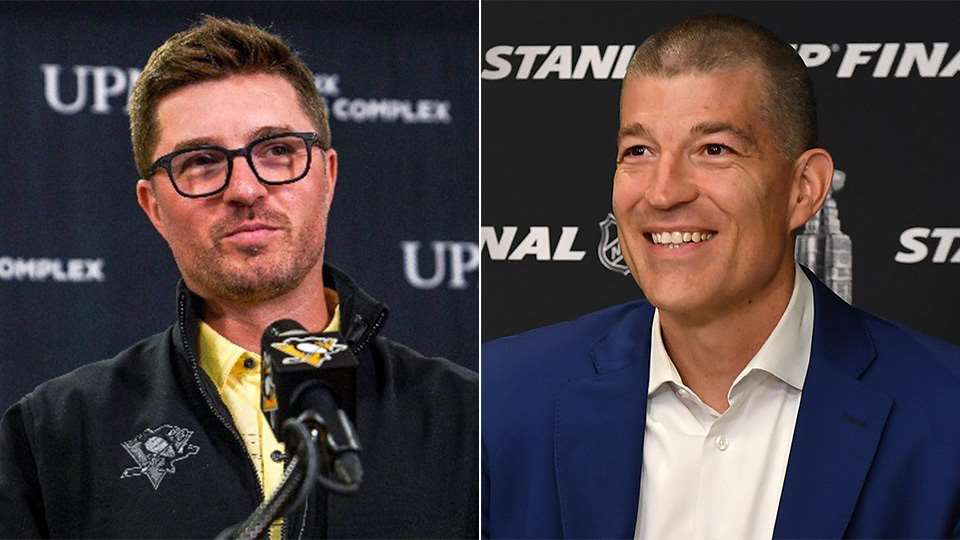
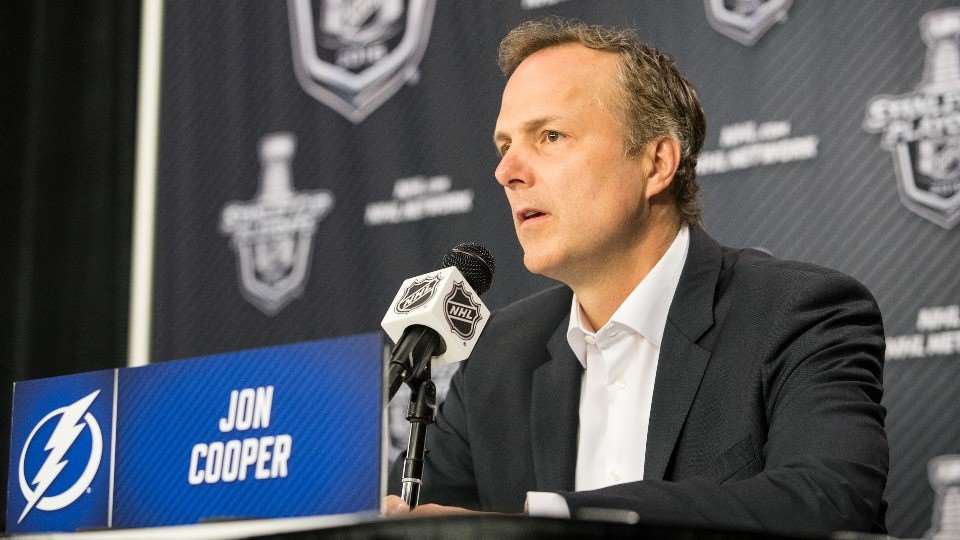
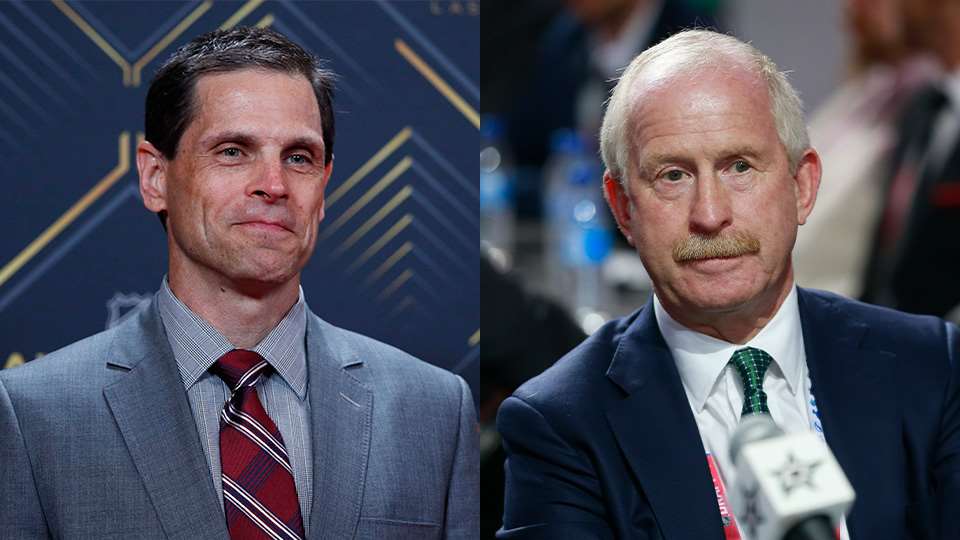
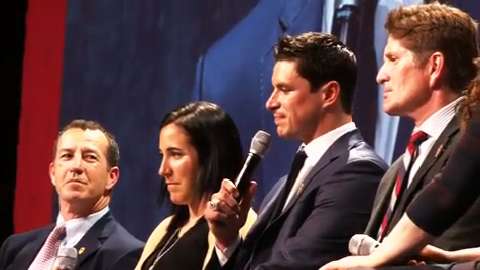

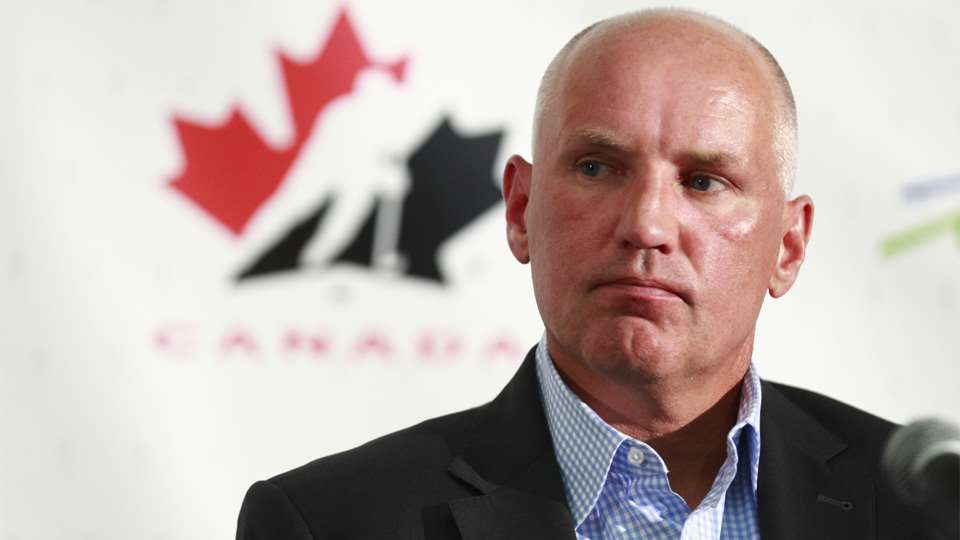
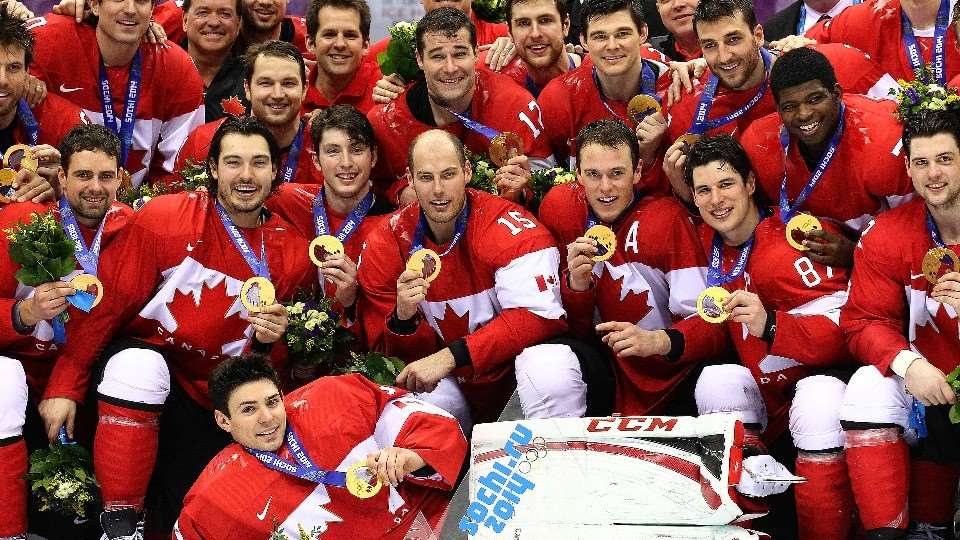
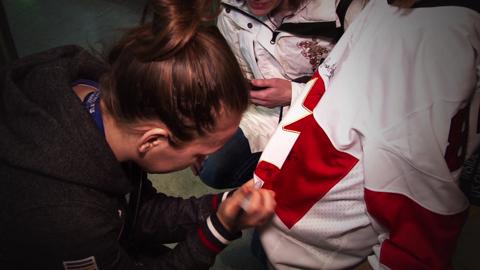
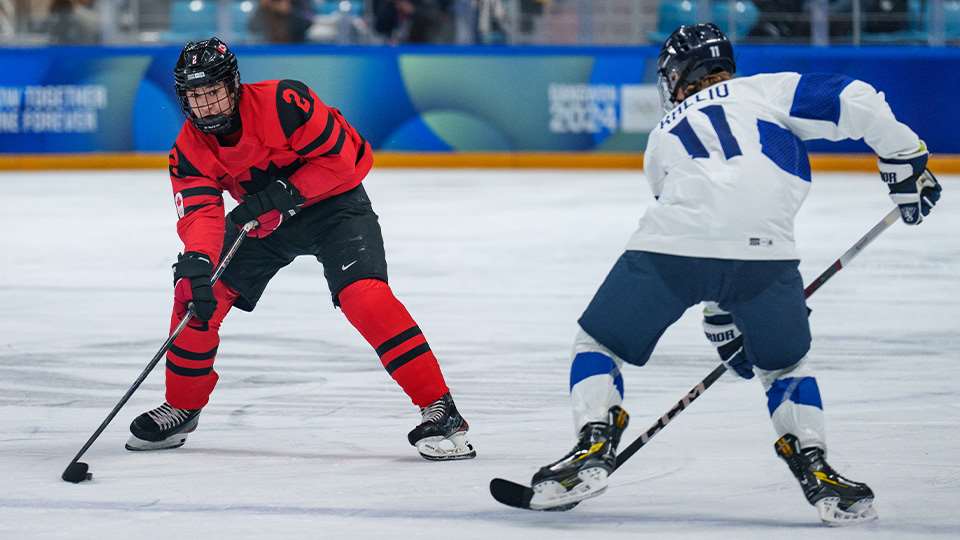
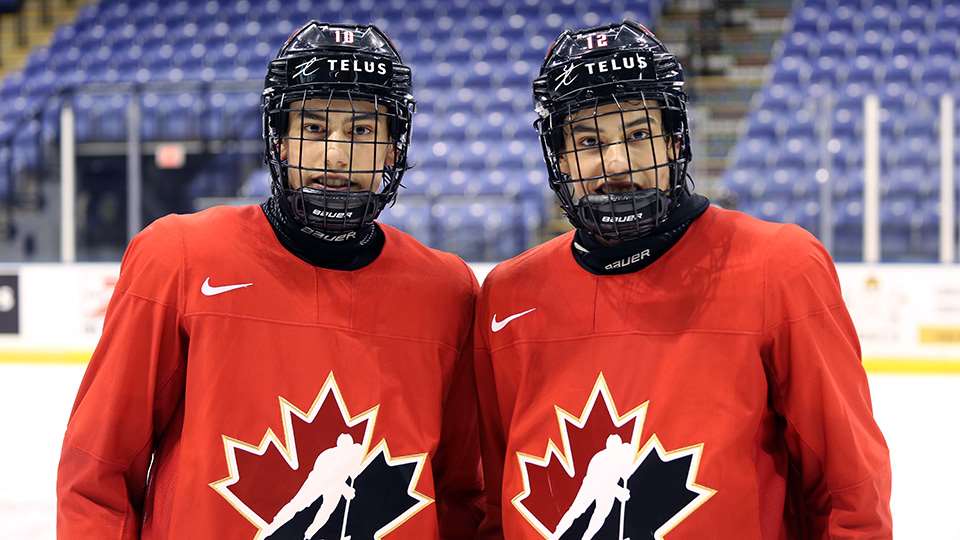
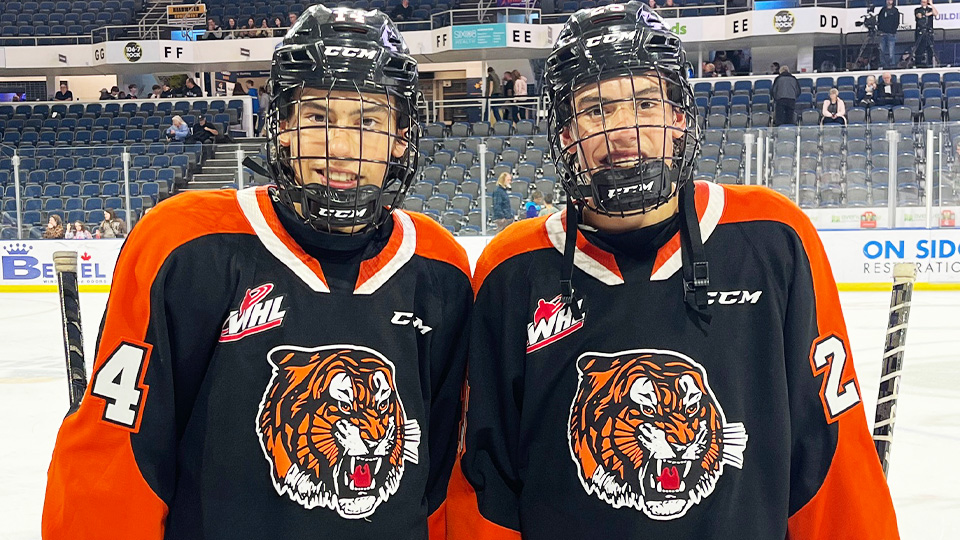
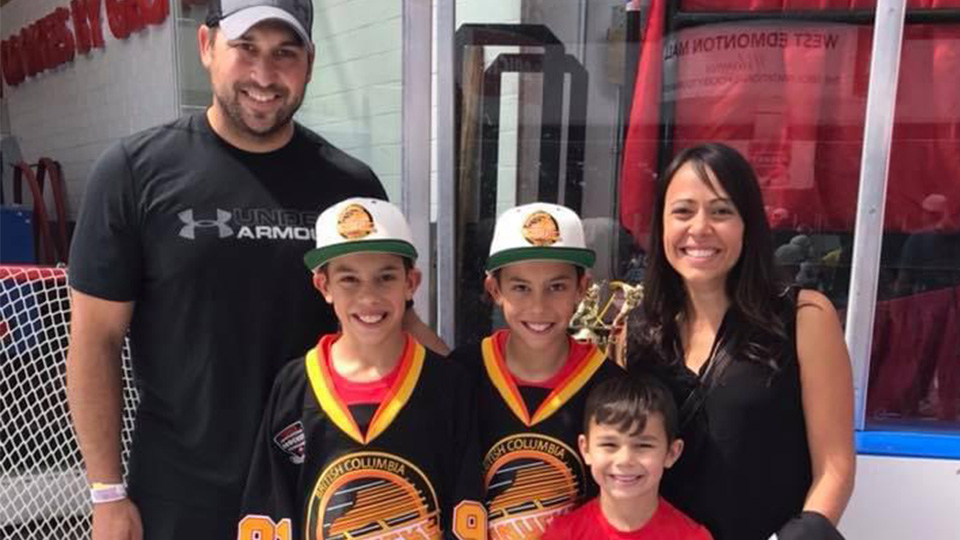
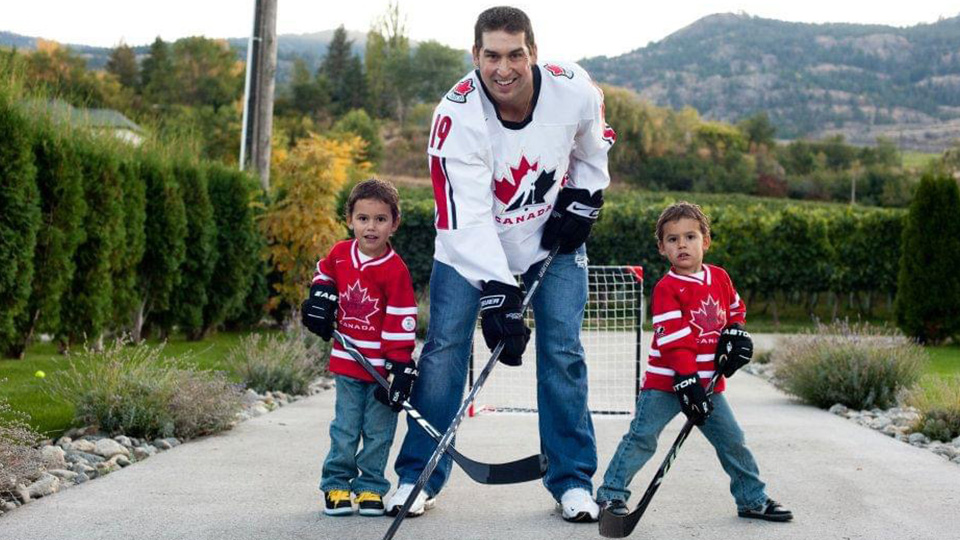 With all that success in the family, the twins hope to continue to represent
the Ruck name with pride on the international stage.
“We’ve both dreamed of putting on that jersey,” Liam says. “A lot of
Canadian kids have that dream, and to have the opportunity to do that is
really exciting for us and the family."
With all that success in the family, the twins hope to continue to represent
the Ruck name with pride on the international stage.
“We’ve both dreamed of putting on that jersey,” Liam says. “A lot of
Canadian kids have that dream, and to have the opportunity to do that is
really exciting for us and the family."